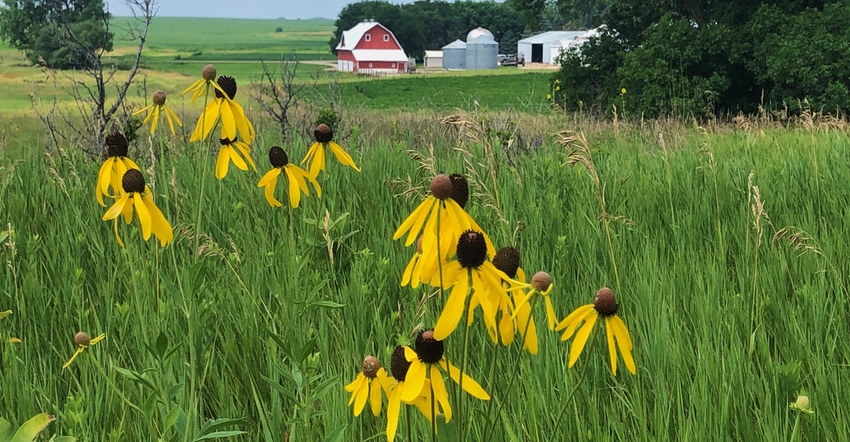November 7, 2022

The Minnesota Board of Water and Soil Resources is now accepting grant applications for a new program that will benefit pollinator and beneficial insect species’ habitat.
The Habitat Enhancement Landscape Pilot Program (HELP) offers cost-share grants for projects on lands with long-term commitments to conservation management through conservation easements, long-term conservation contracts and public ownership.
Eligible lands include those with Reinvest in Minnesota reserve easements, Conservation Reserve Program easements, non-profit conservation preserves, city and county parks, and protected natural areas. Eligible applicants include soil and water conservation districts, watershed districts, watershed management organizations and counties.
“The decline of bees, butterflies, dragonflies and other at-risk pollinators that support ecosystems and food production has raised significant alarm among conservation professionals both locally and globally,” says John Jaschke, BWSR executive director. “It’s critical that we support these beneficial species by restoring and enhancing habitat in strategic areas of the state.”
Funded by the Environment and Natural Resources Trust Fund, the HELP pilot program is offering $273,740 in grant funding during this application period. Grant amount requests can range from $20,000 to $60,000. Projects may focus on establishing new floral-rich habitat areas or riparian plantings, or converting existing non-native cover to native vegetation. Projects can be located on multiple land parcels.
Applications will be accepted until Feb. 23.
Information on how to apply can be found on the program’s Request for Proposals on the BWSR website.
Source: BWSR
You May Also Like




